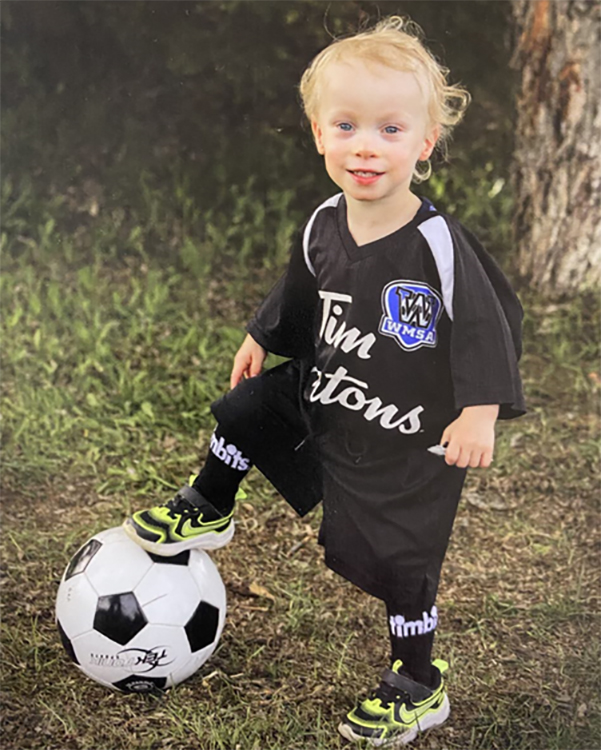Donated human milk is critical in the care of Canada’s tiniest patients

In Canada, about 2% of infants born are very preterm, meaning before 32 weeks and weighing less than 1500 grams, or 3.3 pounds. These preterm infants often face significant health challenges, including difficulty gaining weight and fighting infections.
Dr. Deborah O’Connor has dedicated her career to transforming infant nutrition in Canada, with a focus on improving the health of vulnerable infants through human milk.
When babies are born very prematurely, their mothers are often unable to provide a full milk supply, and the babies need a supplement to meet their nutritional needs. To determine the best supplement, Dr. O’Connor led a randomized controlled trial comparing formula against donor milk and found a 50% reduction in necrotizing enterocolitis, a life-threatening intestinal condition, in the infants who received supplemental donor milk.
“Every mother would want her very preterm baby to get donor milk as a supplement,” says Dr. O’Connor.

To make donor milk available to babies in need, Dr. O’Connor alongside her colleagues helped establish the Rogers Hixon Ontario Human Milk Bank: Canada’s largest milk bank that collects, pasteurizes, and supplies donor milk to 50 neonatal intensive care units across Ontario and the Atlantic provinces. Since its inception in 2011, the milk bank has dispensed more than 2.5 million ounces of donated milk.
To be safely given to vulnerable infants, donor milk goes through a pasteurization process. While pasteurization kills harmful bacteria and viruses, it also strips donor milk of many beneficial heat-sensitive nutrients and immunological components.
For example, while untreated milk from a mother is shown to reduce sepsis and improve neurodevelopment, pasteurized donor milk does not, likely due to the heat treatment in the pasteurization process.
To preserve the benefits of mother’s own milk while eliminating the dangerous bacteria, Dr. O’Connor is now working with her dairy science, milk banking, and neonatology colleagues to treat donor milk via high pressure processing, the same heat-free process used to treat some Canadian juice products.
At a glance
Issue
In Canada, 70% of very preterm babies need a supplement to their mother’s milk to promote gut health, meet their nutritional requirements, and help them grow.
Research
Through CIHR-funded research, Dr. Deborah O’Connor and her colleagues helped launch Canada’s largest donor milk bank, and their ongoing work is making sure Canada’s preemies get the most out of supplemental donor milk.
Related links
- Date modified: